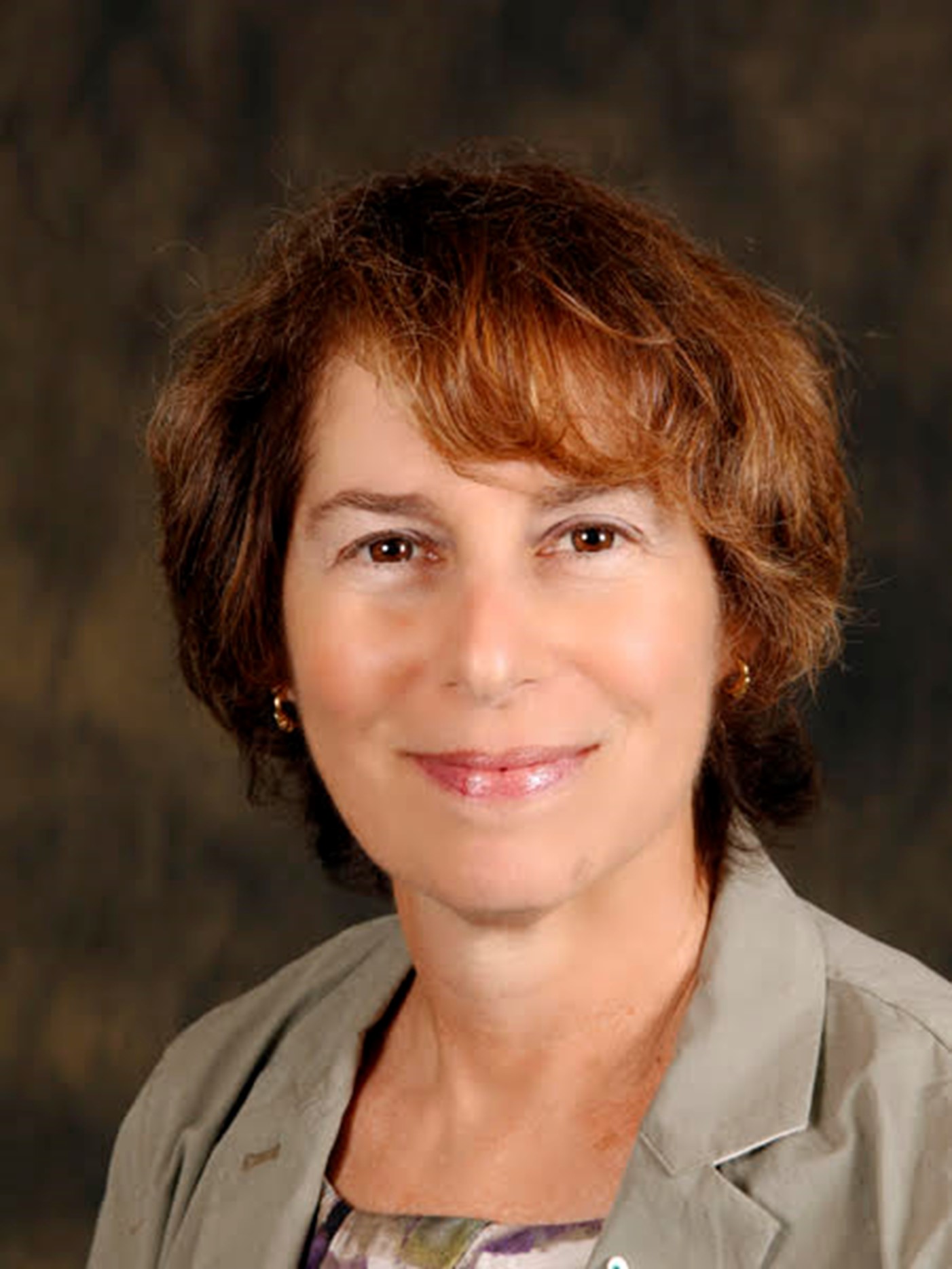While CCA is continuing the fight for equitable rights for part-time faculty in Sacramento, locally, the South Orange County Community College District Faculty Association (SOCCCDFA) has made some strides and stepped up their wins for part-time faculty in their last contract fight (Fall 2021). In an interview with Suan Bliss, SOCCCDFA negotiations team member and past part-time faculty chair, Bliss gives us an inside scoop on the triumphs and challenges during their bargaining process.
WHAT WINS DID YOU GAIN FOR PART-TIME FACULTY?
- Protected our part-time faculty members from being dropped from priority-rehire eligibility for the life of the contract, a necessary step due to COVID-19-related drops in enrollment.
- Modestly increased the total amount available to fund our health-insurance allowance from $381,000 to $384,000.
- Increased the maximum monthly amount that qualified part-time faculty members could receive to offset costs of health insurance, from $500 to $750 during Fall and Spring semesters.
- Increased the parity percentage in our contract, which is tied to the first step of the first column of the full-time academic salary schedule, from 57.30 percent to 61.74 percent the first year, 65.20 percent the second year, and 70.50 percent in the third year of the 2021-24 contract. However, in order to do this, the district insisted that the state parity funds be rolled into the salary schedule, included in the parity percentage, rather than being distributed separately as previously.
WHAT WERE THE TRIUMPHS & CHALLENGES AS YOU WERE BARGAINING WITH SOCCCD?
This is the third negotiating team on which I’ve been invited to represent the interests of our part-time faculty. Each time, the district does its best to pit the full-timers against the part-time faculty, and to present the funds of this wealthy district as if it were a struggle to find a modest sum which it could generously allow us to divide between overall raises and any increase to the parity percentage. We do not accept that argument, knowing that SOCCCD has a budget exceeding a billion dollars and that the district could well afford to raise the parity percentage to 100 percent. Moreover, SOCCCDFA views equal pay for equal work as an ethical mandate.
Beyond that, there is always the fact that everyone is human, and everyone needs to come away from the table feeling that they have been heard and have been able to achieve something.
Our Chief Negotiator Claire Cesareo and, in the previous two negotiating teams Lewis Long, are admirably sensitive to this, and are able to stay calm and to weigh the probable effect of anything they might say.
In this round, it was also helpful to have Robin Devitt (CTA staff) attend some of our sessions, bringing her vast experience to our table and, just through her presence, reminding us all that a larger, more powerful union was watching.
WHAT ADVICE DO YOU HAVE FOR OTHER CHAPTERS ATTEMPTING TO GAIN THESE WINS IN THEIR CONTRACTS?
The first Faculty Association committee I joined, when I became a rep, was the Membership Committee, then chaired by Loma Hopkins. At that time, almost none of our part-time faculty members belonged to the association, so the district knew it didn’t need to worry about any demands from that segment, since its members could not vote on the contract. Beginning with Hopkins’ tenure, we have been explaining this to our part-timers for years now and, with Jenny Langrell currently at the helm of that committee, continue to make the argument that a large voting block cannot be ignored. We do this in every event, every workshop, and in targeted emails. We also keep our part-time faculty informed about bills at the state and federal level that may impact their working conditions and encourage them to be advocates for change.
We now have slightly more part-time members than full-time, so the district team comes to the negotiating table knowing that either group can potentially vote down a contract.
We are proud of the progress we have made, but we also recognize that we have a lot of work ahead of us, both locally and at the state level.

The Discussion 0 comments Post a Comment